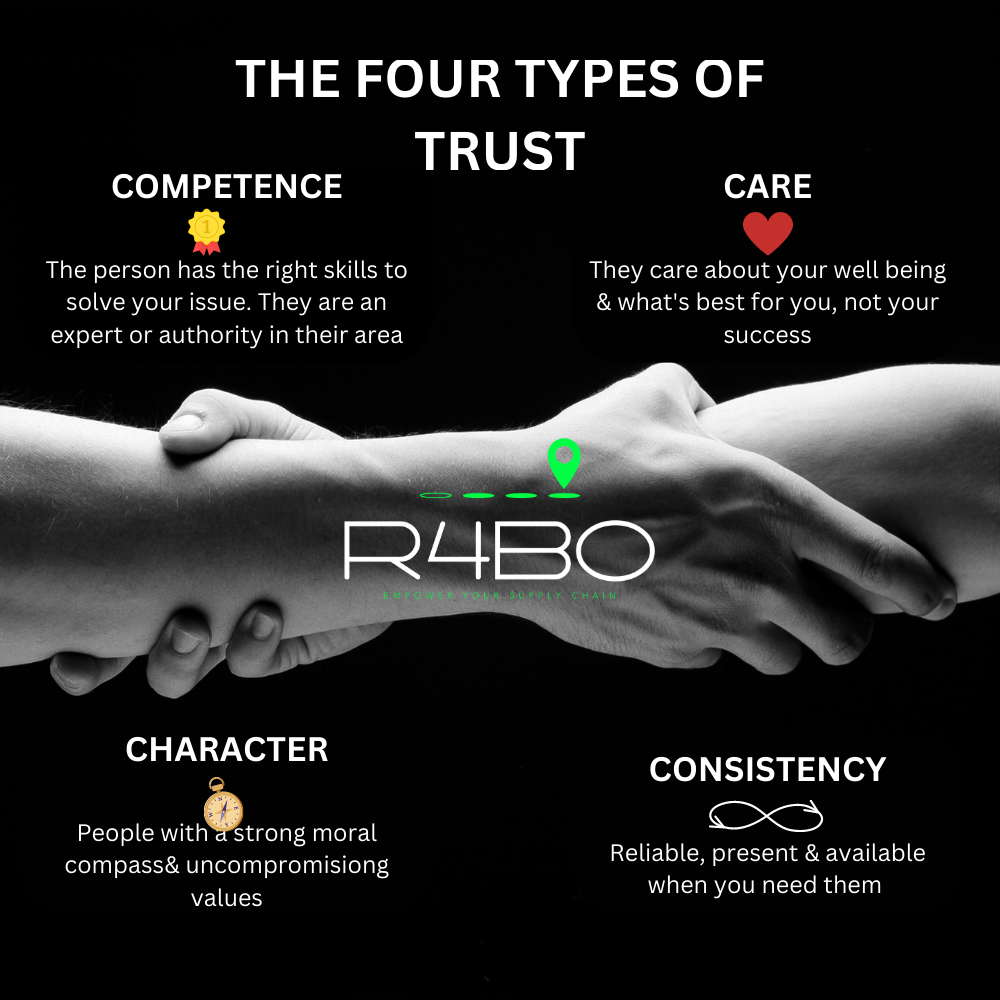The Key Variables to Trust Leadership: Lessons Learned from a US Army Colonel and a Former Monk | R4BO Coaching
Explore the lessons learned from an US Army colonel and a former monk on building trust relationships. Learn best practices for becoming an effective leader that builds trust in any context, whether it's business, family or social settings.

Unlocking Trust: Valuable Insights from a US Army Colonel and a Former Monk
The Challenge
But what happens when trust is breached or weakened? How do individuals or groups navigate through the fog of uncertainty and restore trust? This is a compelling question that both a US Army colonel and a former monk have had to deal with in their unique contexts.
Introduction
Trust is one of the essential constructs of accountability, responsibility, and relationships. Trust can be defined in various ways, but it involves believing in someone or something to act in a particular way, telling the truth, and delivering on promises. Trust has been studied in different contexts, including military and spiritual aspects, to understand how it is generated and maintained. In this blog post, we will explore the lessons learned from a US Army colonel and a former monk about building trust relationships.
The '3 C's' of Trust: Exploring the Trust Dynamics among Soldiers
In his article, Michael D. Matthews, Ph.D., a Professor of Engineering Psychology, discusses the remarkable journey of Patrick J. Sweeney, an Army colonel. After completing his doctoral studies, Sweeney was about to embark on a teaching career in psychology and leadership at West Point. However, his path took an unexpected turn when General David Petraeus requested his assistance in the initial military operations to capture Baghdad in March of 2003. Without hesitation, Sweeney devised a groundbreaking study to explore the intricacies of trust among soldiers in combat. It goes without saying that the University of North Carolina, where Sweeney earned his doctorate in social psychology, had never witnessed a dissertation quite as unique and impactful as this one!
- Competence: This signifies the leader's ability to perform their duties skillfully. It involves possessing the necessary knowledge and skills to successfully accomplish the mission. Competence builds trust as soldiers believe in the leader's capacity to guide them effectively in challenging situations.
- Character: Character encompasses the ethical and moral traits of a leader. It includes qualities such as honesty, integrity, and ethical conduct. A leader with strong character garners trust as they act in the best interest of their team and demonstrate consistent moral judgment.
- Caring: This revolves around a leader's empathy towards their team members. A caring leader exhibits genuine concern for the well-being and safety of their soldiers. This attribute fosters trust as soldiers feel valued and understood, knowing their leader is committed to their welfare.
Through his research, Sweeney discovered three fundamental factors that underpin soldiers' trust in their leaders: competence, character, and caring, collectively known as the '3 C's' of trust. Sweeney developed surveys that were distributed to officers, non-commissioned officers, and enlisted soldiers during the battle for Baghdad. The findings of his investigation demonstrated that for soldiers to trust their leaders, the leaders had to demonstrate high competence with the knowledge and skills necessary to accomplish the mission. Character encompassed traits such as honesty, integrity, and ethics, while caring involved empathy and genuine concern for the well-being of the soldiers.
Unveiling the Wisdom of a Former Monk:
Incorporating the 4 Cs' of Trust to Enhance Consistency
Jay Shetty, the author of the book "Think Like a Monk," is a former monk who spent time at a monastery in India before returning to London. During his journey, he discovered profound insights into love and relationships. Instead of viewing love as a simple exchange, monks perceive it as a network of compassion. Jay observed a remarkable transformation in various relationships, including romantic ones, after implementing these teachings.
According to Jay, there are four types of trust that form the foundation of relationships: competence, care, character, and consistency. Competence refers to the ability to accomplish tasks and achieve goals. Care involves connecting with others and being attuned to their emotions. Character encompasses authenticity, consistency, and honesty. Lastly, consistency entails being predictable and reliable.
Jay's journey as a monk bestowed upon him invaluable insights into love, underscoring the significance of compassion and trust in nurturing profound relationships. Additionally, Jay eloquently elucidates the concept of the 4C's and introduces yet another C to encapsulate the essence of consistency.
- Competence: This refers to one's ability to perform tasks effectively and efficiently. In a relationship context, competence builds trust as it demonstrates one's capacity to manage situations and solve problems.
- Care: Care represents empathy and emotional awareness. Showing care in a relationship fosters trust as it signifies understanding, emotional connection, and genuine interest in the other's well-being.
- Character: Character involves authenticity, honesty, consistency, and strong moral principles. A person of good character is trusted because they consistently act in line with their values and principles, showing reliability and integrity.
- Consistency: Consistency is about being predictable and dependable. It means being reliable in one's actions, behavior, and decisions over time. Consistency contributes to trust as it reassures the other person that they can rely on you, regardless of the circumstances.
To build trust in a relationship, it is essential to understand what trust means and how it works. Jay Shetty believes trust is a relationship bank account, and every action either deposits or withdraws from the trust account. Every exchange, every interaction either builds trust or erodes it. Building trust takes time, effort, and attention. It takes a commitment to being authentic, reliable, and consistent. To establish trust, one needs to communicate effectively, listen actively, and show genuine interest in others' welfare. Trust starts with vulnerability and openness- it means allowing others to know you- the good, the bad, and the ugly.
Trust: A Cross-Examination of the Military and Monastic Perspectives
Trust is not just important, but absolutely vital for the success and effectiveness of any organization. It serves as the foundation for higher productivity, promotes better teamwork, and strengthens relationships within the workplace. On the other hand, a lack of trust can lead to dysfunction, turmoil, and ultimately negative outcomes.
Leaders who are trustworthy have the power to create a climate of trust within their organizations. When people trust their leaders, they are more likely to support and follow them. Trustworthy leaders possess the qualities of competence, care, and good character, which enable them to earn the trust of others more readily than those who lack these essential attributes.
In summary, trust is not to be underestimated. It plays a crucial role in shaping the dynamics and effectiveness of an organization, and leaders who prioritize and cultivate trust can significantly contribute to the overall success and well-being of their teams.
In conclusion,
Trust is an essential ingredient of any relationship, whether professional or personal. We have seen that the variables of trust have been researched by an Army Colonel, highlighting the importance of competence, character, and caring. We have also learned that trust is a network of compassion, with the four types of trust being competence, care, character, and consistency. Lastly, we have explored how trust is built, by being authentic, reliable, and consistent with effective communication and active listening. Trust is critical for any organization and helps to build stronger relationships. The time and effort taken to build trust will prove to be invaluable, as trust is an essential asset for individuals and teams to function effectively and efficiently in any setting.
Reflecting on the lessons learned from both a US Army Colonel and a former monk, do you think these trust principles: competence, character, care, and consistency could be effectively applied in your professional or personal life?
Would you find value in having a business coach guide you in understanding and implementing these trust variables in your organization or team?
Disclaimer: The views expressed in this article are solely those of the author and do not necessarily reflect the opinions of others.
This blog post incorporates insights from Michael D. Matthews, Ph.D., an esteemed Professor of Engineering Psychology, as well as Jay Shetty and his book "Think Like a Monk," offering valuable perspectives for further exploration.





